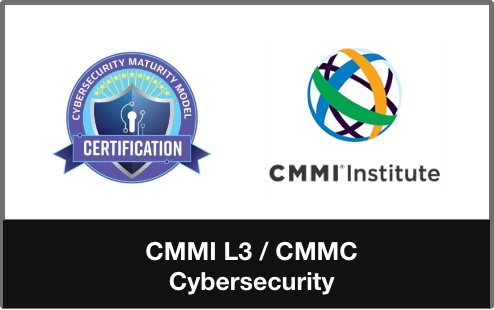We are a highly motivated and experienced team of Lean Six Sigma consulting professionals. All of our consultants and trainers have ‘lived’ through their own transformations prior to joining NXTKey. They understand first-hand the challenges you will encounter when transforming your organization. This practical experience combined with theoretical expertise is critical for effectively guiding and assisting you as you move forward with all aspects of Lean Six Sigma.
Our consultants understand that change is difficult, and we know how to tackle these challenges. We realize that empowering the process owners and people within the process to make the right changes is the only way to sustain improvements. With the right knowledge and some mentoring, we ensure that right changes are made from within not by outsiders. After all, nobody knows the process better than the people who are in it every day!
Our Lean Six Sigma consulting team has extensive experience with all Lean Six Sigma tools and related disciplines and practical hands-on experience. Each of our consultants has had at least 20 years of practical experience with Lean and Six Sigma.
NXTKey Six Sigma Services
Process Guidance – Six Sigma is all about processes. Processes are there to help the team focus and channel the organization efforts. When the process is controlled the output can be also controlled. Six Sigma is a step-by-step process of interventions and statistical tools that allow companies to interpret which business processes need attention, identify root causes of problems, and sustain gain in improvements
Strategic Six Sigma Deployment Consulting – Six Sigma shall be embedded in the organizations culture. Ideally the senior management should embrace the methodology and align the organization into implementing it. Companies that are truly mastering the Six Sigma philosophy are much more competitive in their markets. Our team can help your organization design and execute a strategic Six Sigma implementation, providing tools and training for your team.
Six Sigma Projects – Six Sigma projects are scoped, time limited projects with a clear improvement goal. Perhaps a particular process in your organization is not working, or maybe a part comes back defective in higher frequencies than others? This type of problem solving is the core essence of Six Sigma. By helping you solve these problems, we increase the profitability, reduce warranty spending and overall improve your organization’s efficiency.
What is Six Sigma?
Six Sigma is a set of management techniques intended to improve business processes by greatly reducing the probability that an error or defect will occur. Is a disciplined, statistical-based, data-driven approach and continuous improvement methodology for eliminating defects in a product, process or service. Sigma represents the population standard deviation, which is a measure of the variation in a data set collected about the process. Although Six Sigma was adopted mainly by manufacturing operations, its benefits start to become apparent in all other business sectors, since the applicability of the processes is universal. Your organization can greatly improve its productivity by engaging in key improvement activities. Our experienced team can help you through this journey.








